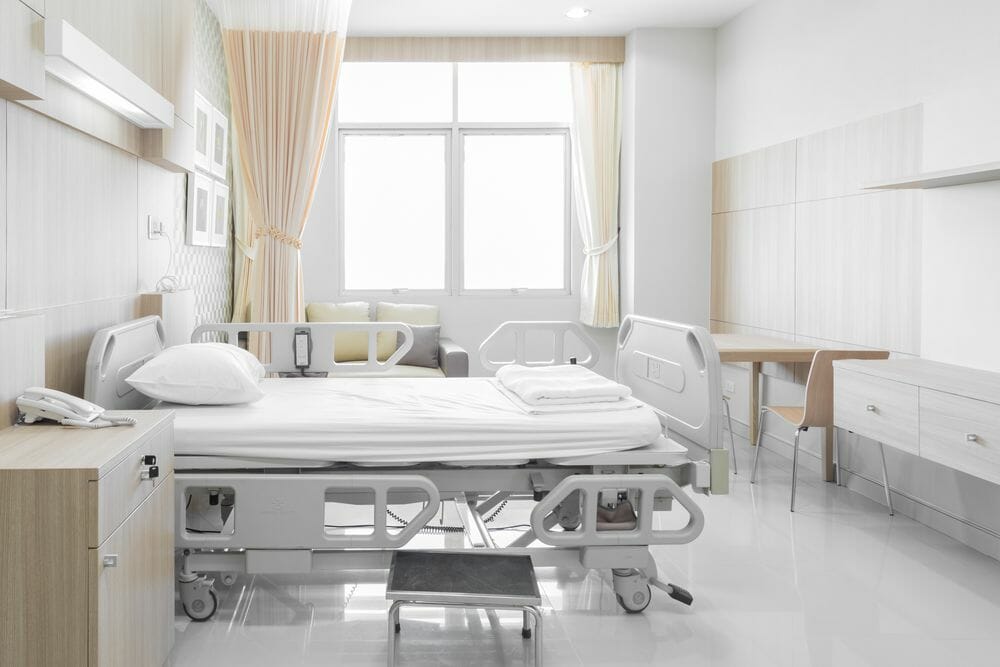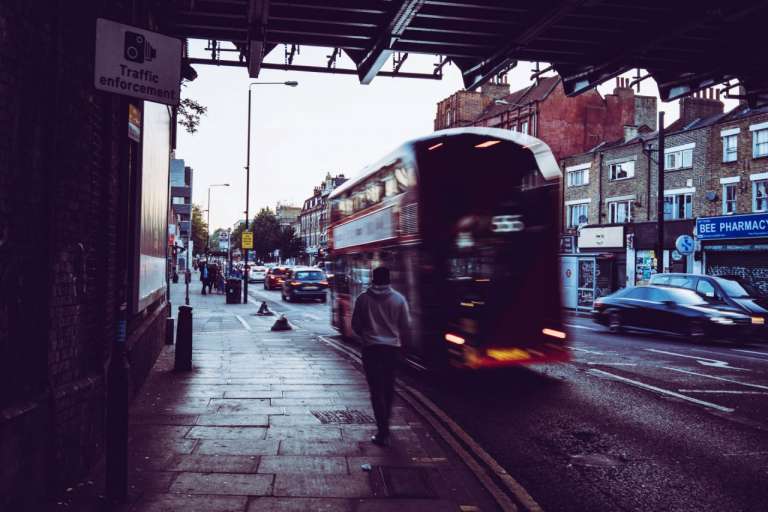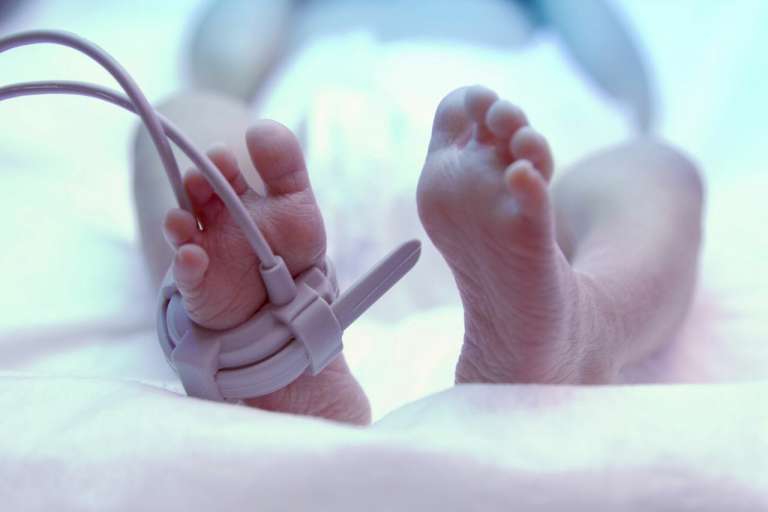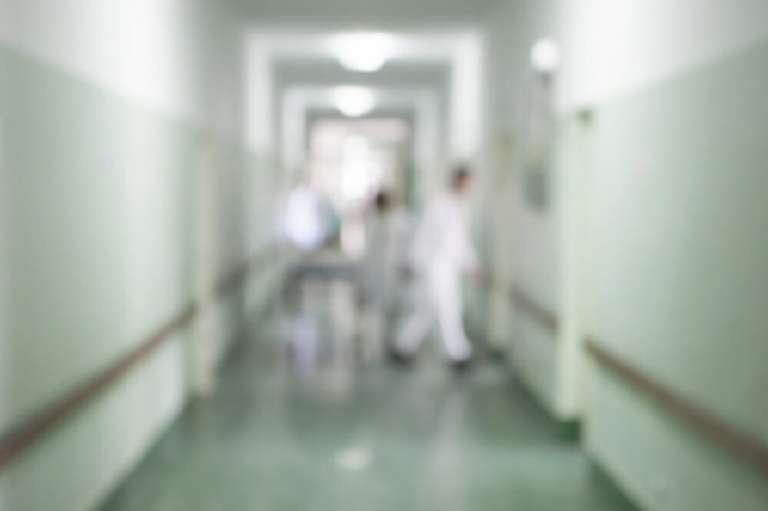Hospitals are suffering serious shortages of medical equipment such as ventilators, pumps to administer drugs, and oxygen cylinders during the NHS’s ongoing winter crisis, the Guardian has revealed.
The continuing rising numbers of people needing care has also led to some hospitals running out of beds for patients to sleep in, mattresses to lie on, and trolleys to use while they wait for admission.
NHS England has said the service is under the most strain it has faced since the 1990s.
Patients have faced long waits for beds on trolleys in overcrowded hospitals, and more than 100,000 patients have been stuck in ambulances waiting to get into an A&E unit.
Senior doctors have written to Theresa May warning that patients have been “dying prematurely” in hospital corridors.
Southmead hospital in Bristol has recently faced shortages of medical equipment including syringe drivers – which staff use to give drugs to dying patients – drip stands, infusion pumps – which ensure patients receive correct doses of fluids and medication – oxygen cylinders, and pressure-relieving mattresses, which help to prevent bed sores.
Internal emails show that supply problems recently prompted the hospital’s chief executive, Andrea Young, to warn staff about a severe shortage of face masks, which help limit the spread of infections such as flu. “Please only issue surgical masks to patients as a flu precaution,” she urged.
Staff should also not let patients take a walking frame home with them when they are discharged because “we are running very low on stock levels.”
A nurse at the hospital said: “At weekends, there is often a waiting list to get a pressure-relieving mattress. Nurses who bring patients up to the wards are taking pillows from under patients’ heads because we literally don’t have a pillow to give them back. Pillows are like gold dust.
“Staff can spend ridiculous amounts of time searching for equipment and medication,” the nurse added. “Patient care is undoubtedly affected by all of this.”
The NHS’s winter crisis has forced many hospitals to open makeshift extra wards, known as “escalation areas”, leaving some short of equipment.
A senior doctor at the Royal Aintree hospital in Liverpool said: “Our main equipment shortages have been physical beds for patients to be cared for on wards, and the trolleys used in A&Es to see and treat patients. We’ve run out of both of these at times recently.
“When escalation areas are opened at short notice it literally is a scrabble around to find kit and supplies to open a ‘pop-up’ ward area, so equipment shortages will and do occur.”
Janet Davies, chief executive of the Royal College of Nursing, said: “We know that hospitals are constantly short of beds. But the idea that some are dangerously low, or are even running out of vital medical equipment like ventilators and oxygen cylinders would horrify the public.
“At the other end of the scale, hospitals should not be struggling to get hold of enough pillows and face masks, which are hardly luxury items.”
Scriven said the “financial pressures” facing hospitals as responsible for the shortages. But some trust managers said that “lean procurement” policies relating to equipment and supplies had left them badly prepared for this winter’s spike in demand.
The Department of Health and Social care said that hospitals should be able to cope with the extra demands of winter.





